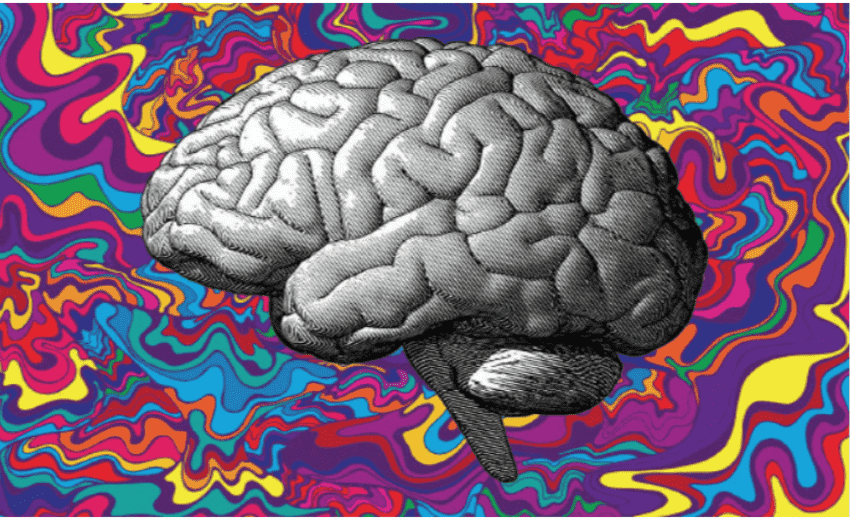
The subject of psychedelic drugs has been a culturally polarising issue for decades now. Psychedelic drugs such as LSD and magic mushrooms are known for their strong association with the counterculture movements of 1960s America. Psychedelics are known to affect the brain in a way that gives users an increased state of awareness, higher levels of introspection, and esoteric perception of reality. Substances like hallucinogenic mushrooms and LSD are considered Class A drugs by most authorities in the world and are illegal in most nations. The worldwide disapproval of psychedelic drugs is fueled in no small part by America’s War on Drugs, which was started in 1971 by then US President Richard Nixon. Now that the historical context has been established, let now move on to the subject of psilocybin, the chemical present in LSD and magic mushrooms that causes their psychedelic effects. Due to the heavy stigma surrounding the idea of “drugs” and the heavy regulation of psychedelic substances, scientific studies of psilocybin are few and far between. The chemical, which was known for the longest time as simply a psychotropic substance, has in recent years garnered the interest of the medical community. Studies have found it effective in treating cases of mental illness and tobacco addiction. These new discoveries threaten to shatter our existing perceptions of psychedelic substances. The leading study in this area is a research programme by Johns Hopkins University which has been going on since 2004. Their 2020 study was a major milestone in the field of psilocybin research. In the study, a small group of adults suffering from severe depression were administered doses of psilocybin alongside psychotherapy. The findings were that psilocybin proved to be just as effective at reducing depressive symptoms as common antidepressants, if not more. Several other studies have proved the efficacy of psilocybin in treating depression, anxiety, and tobacco and alcohol addiction. Many studies show that micro-dosing psilocybin can help alleviate depression and anxiety symptoms without the side effects that common medicines have. All these findings suggest that the medicinal and therapeutic potential of psilocybin should be researched more. Johns Hopkins University has even suggested to the American regulatory authorities that psilocybin should be reclassified from a Schedule I drug, i.e., a drug with no medical potential, to a Schedule IV drug, i.e., a tightly controlled prescription drug.
10 Jan 2022
Rishabh Sengupta